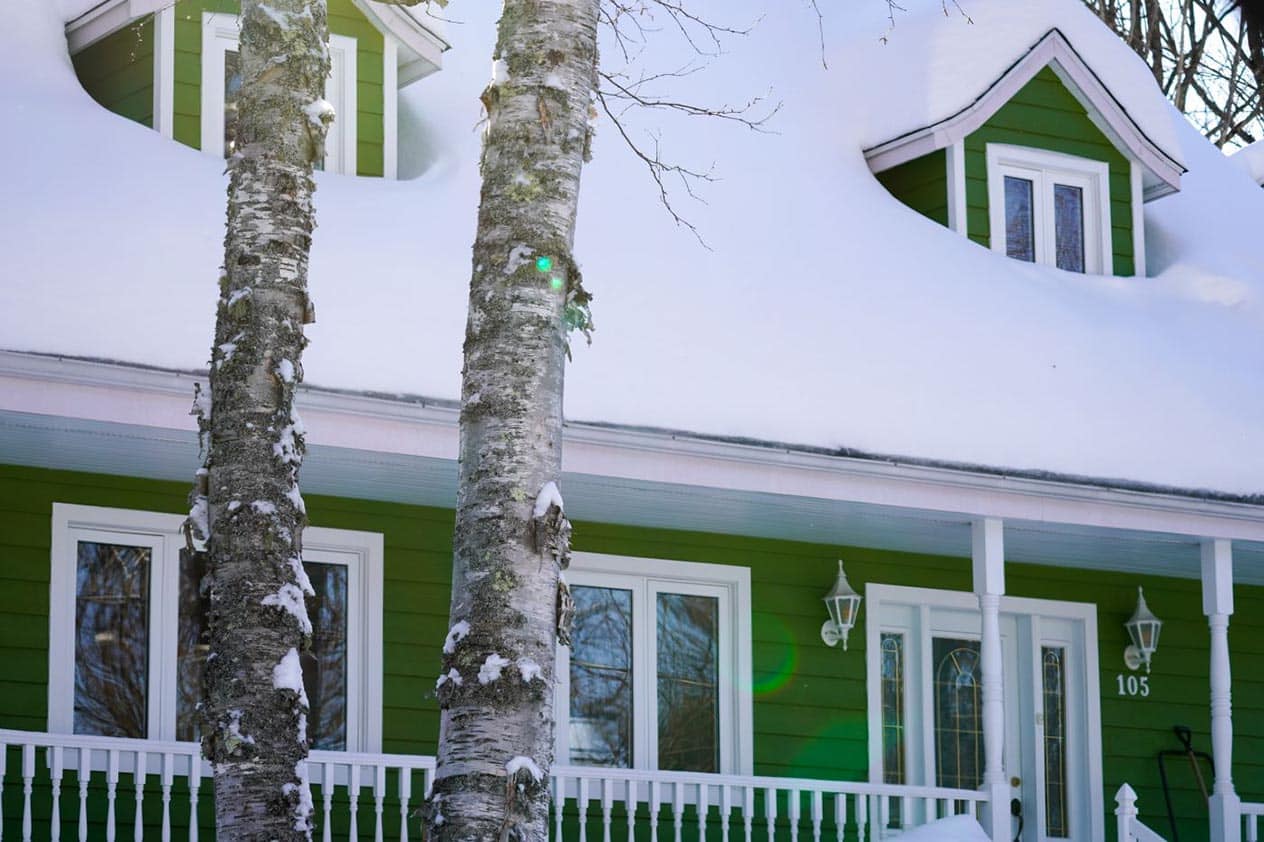Our team answers homeowner questions every weekend on WCCO 830 AM from 9:00 am-10:00 am. Have your most pressing home improvement questions answered by calling 651-461-9226 or texting 81807. Here’s the must-know information our Jesse Trebil, owner & operator of Safe Basements of MN shared on 10.29.22.
What Does A Sump Pump Do?
A sump pump detects rising water levels and flushes water away from a home’s foundation as needed. It can protect your basement against flooding. Reliable sump pumps can also improve indoor air quality and ward off mold growth.

Facts Homeowners Should Know About A Sump Pump Drainage System
Check Your Sump Pump Each Year
For homeowners in Wisconsin and Minnesota, the best time to do this is before the snow begins to melt. This can prevent basement flooding. The best way how to test a sump pump is to verify the basket is empty and that the pump turns on and off.
Using a hose can test if the sump pump installation is cycling the right way. It’s a good sign the unit is working if the discharge is clean Check to make sure the sump drainage is going outside. This is especially important in the winter when there is a danger of the drainage line freezing.

The Water Pump Should Be On Its Own Circuit
If other appliances use the same circuit as the water sump pump, they can trip the breaker and shut it off. A backup sump pump battery is a wise idea because it will keep the sump pump system working during a power outage.
Your Basement Sump Pump Can Let Radon Enter Your Home
Radon is a natural element occurring in the soil. It’s a byproduct of decaying uranium in the soil. Although you can’t see or smell radon, long-term exposure can lead to lung cancer. Radon can enter your home through the footing drain tile that connects to the sump pump in your basement. Preventing radon exposure is as simple as having a cover on your sump pump system.
Homes built on clay soil have lower levels of radon than those built-in sandy soil. That’s because clay soil is denser, making it harder for the radon to pass through.
Listen To The Entire Sump Pump Drainage System Show: